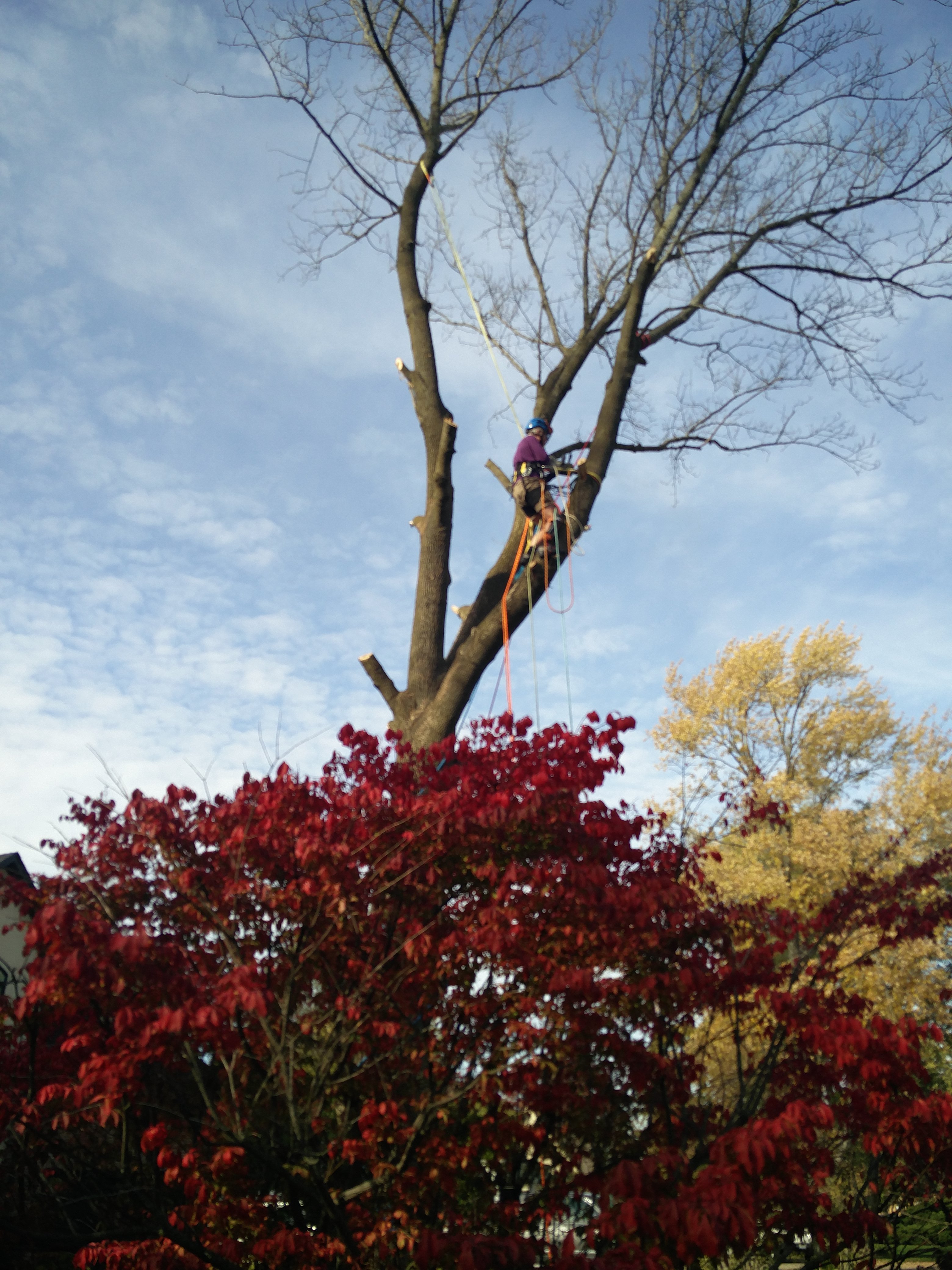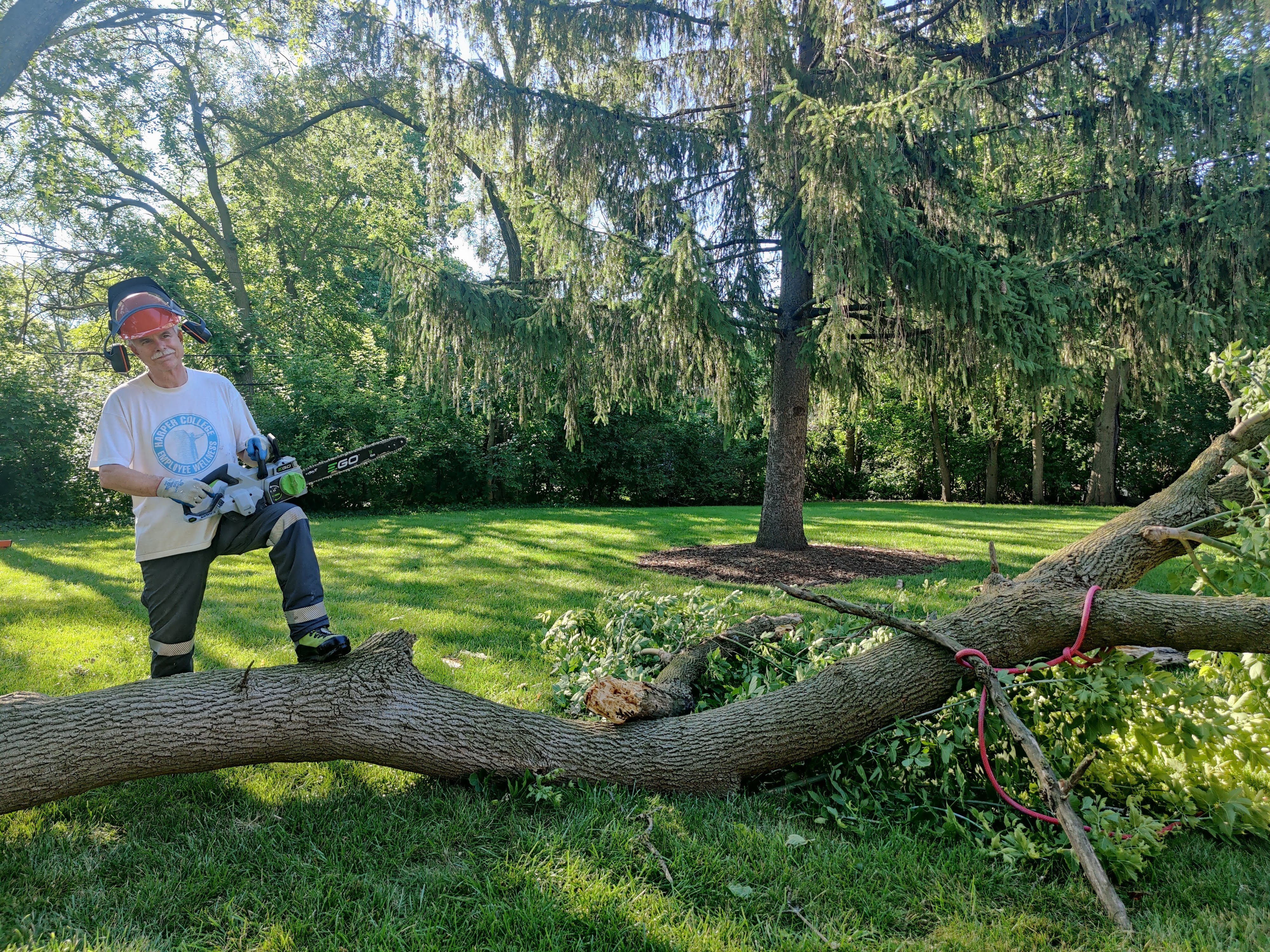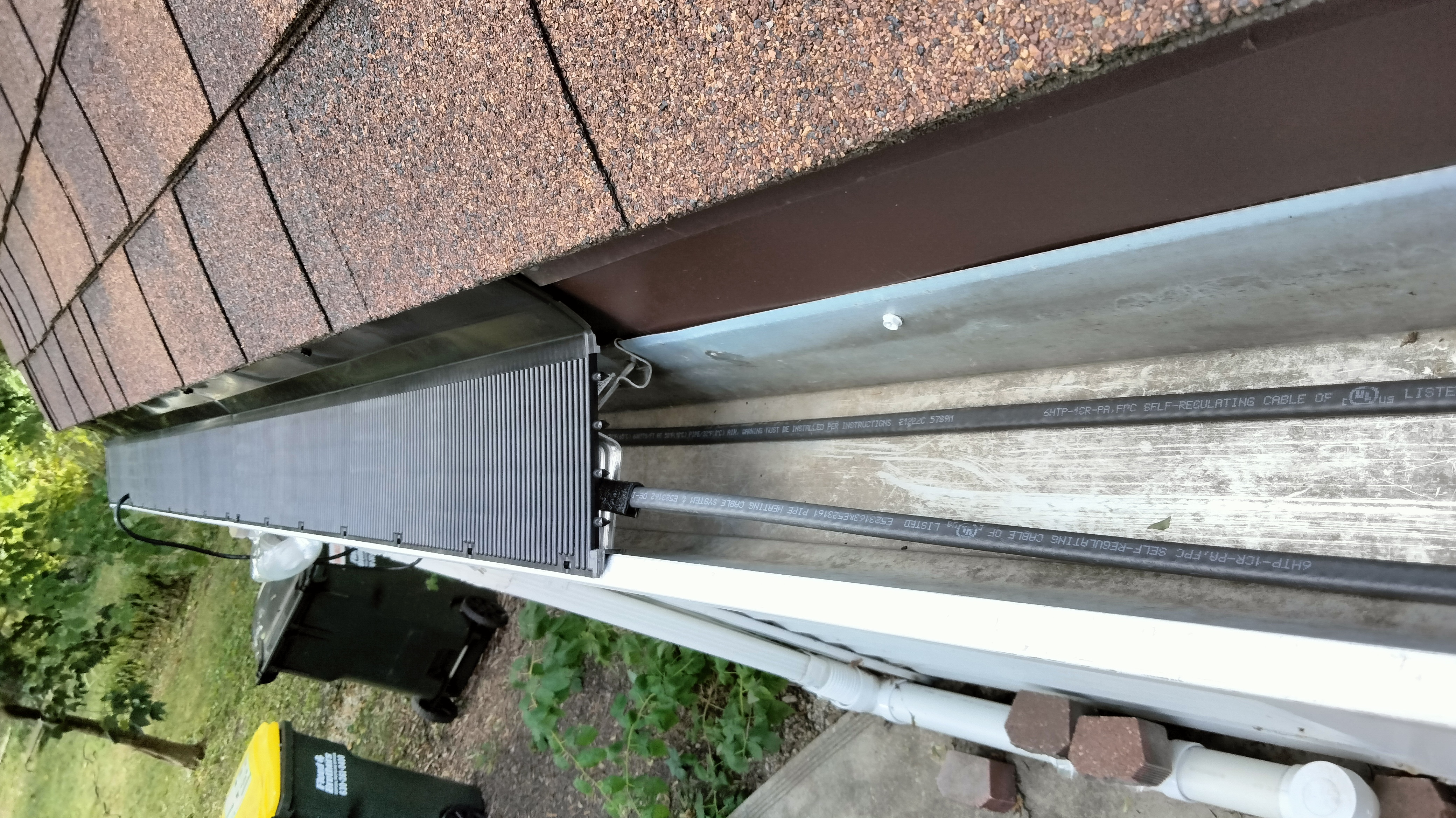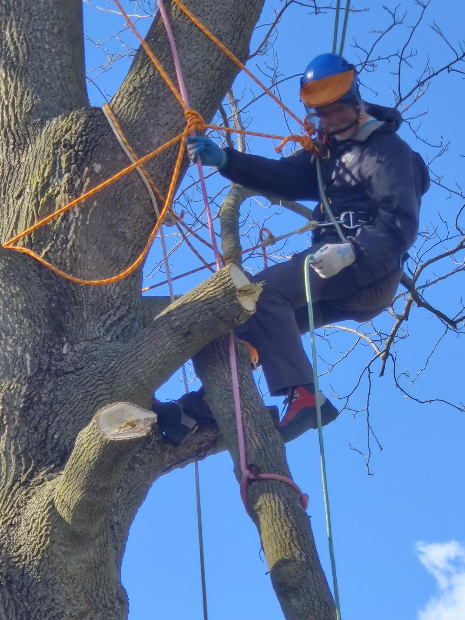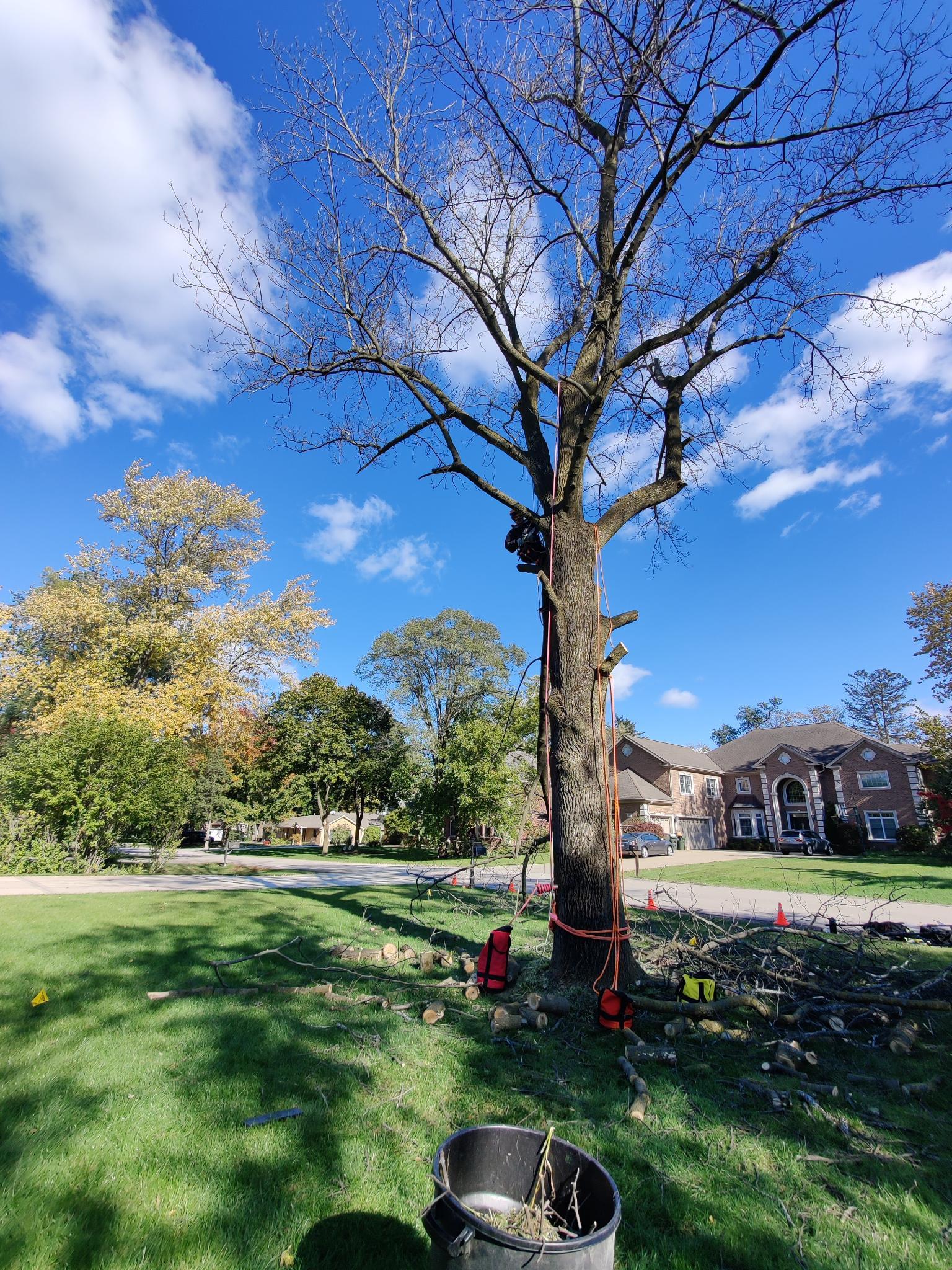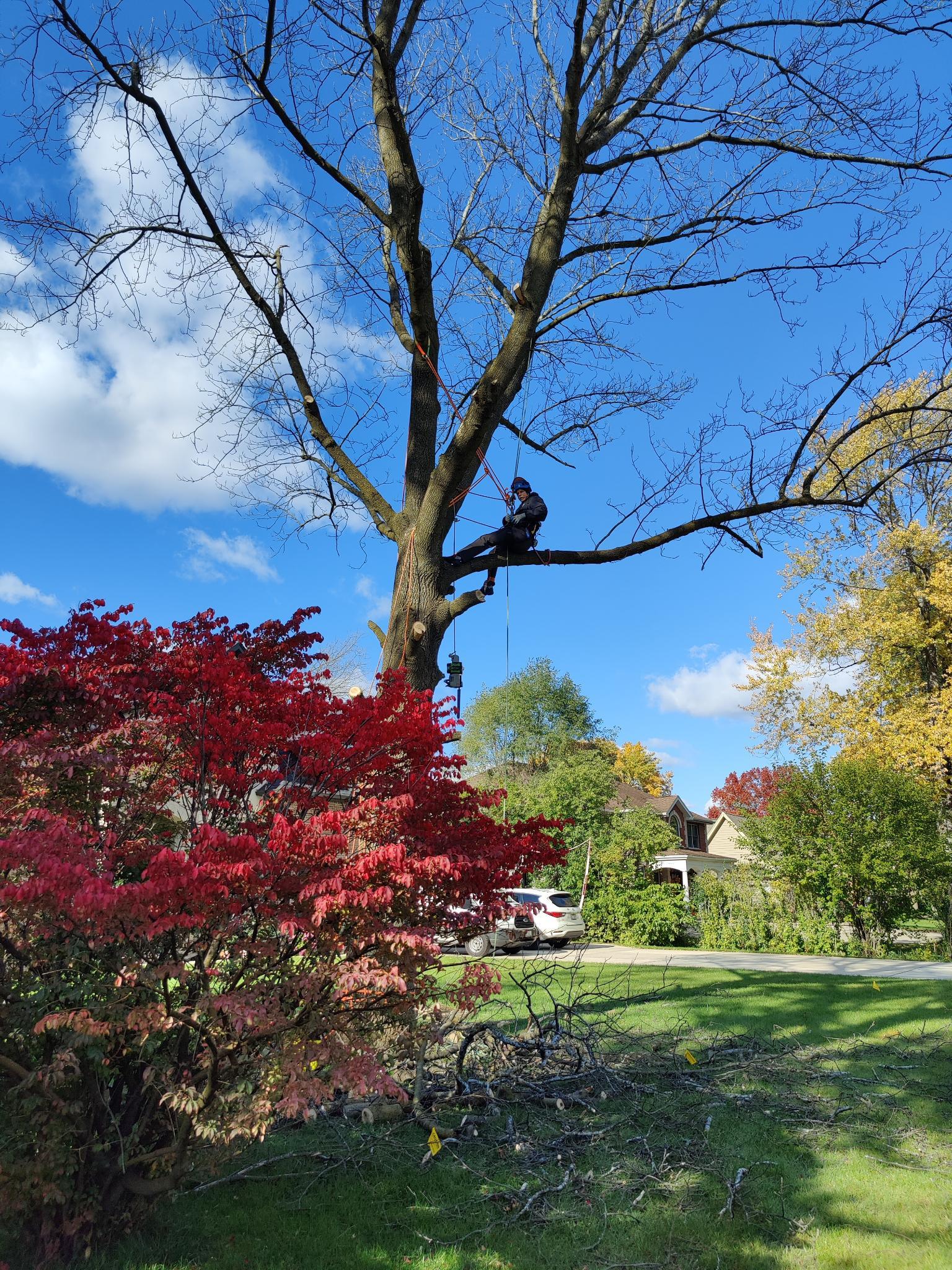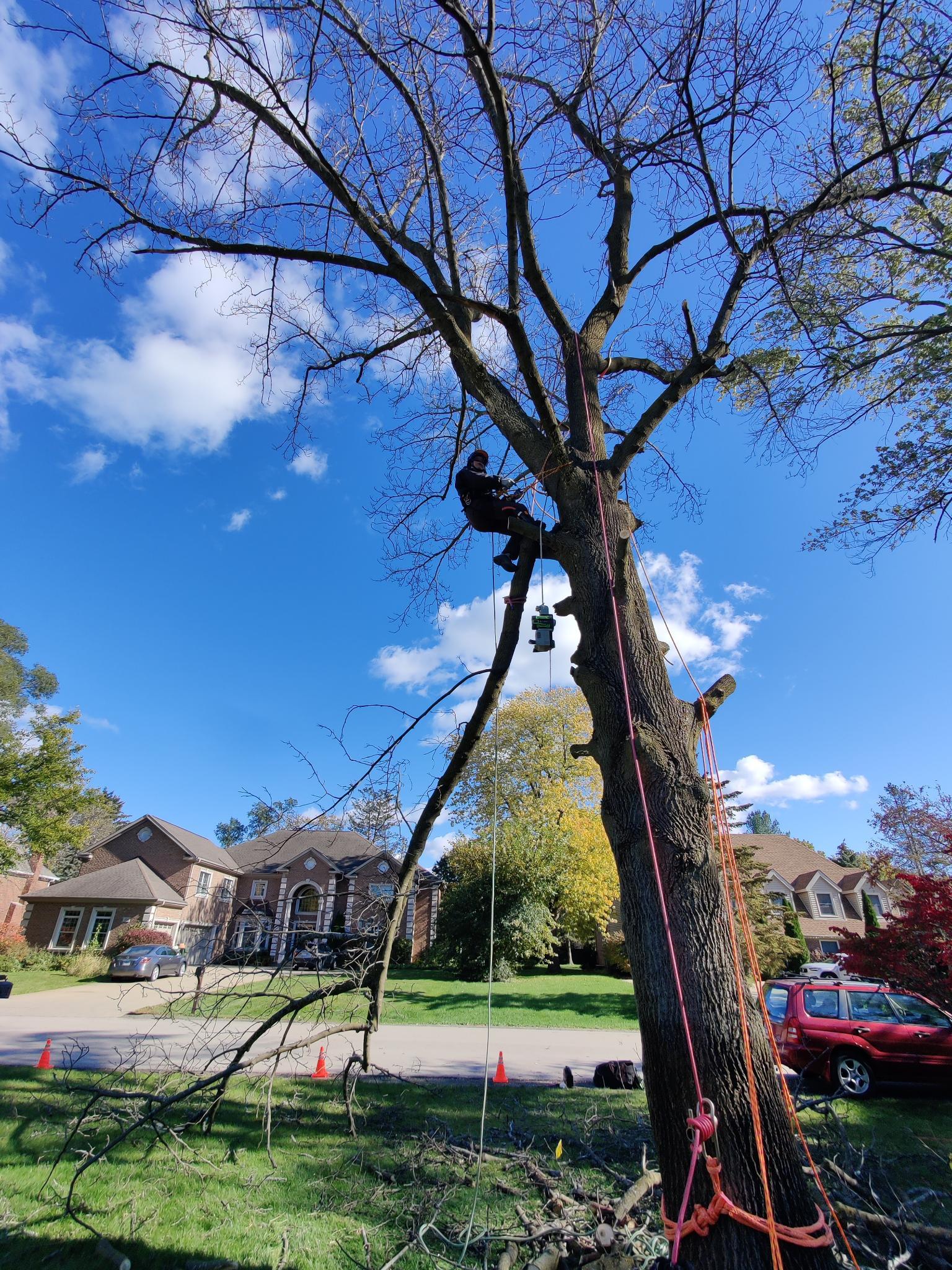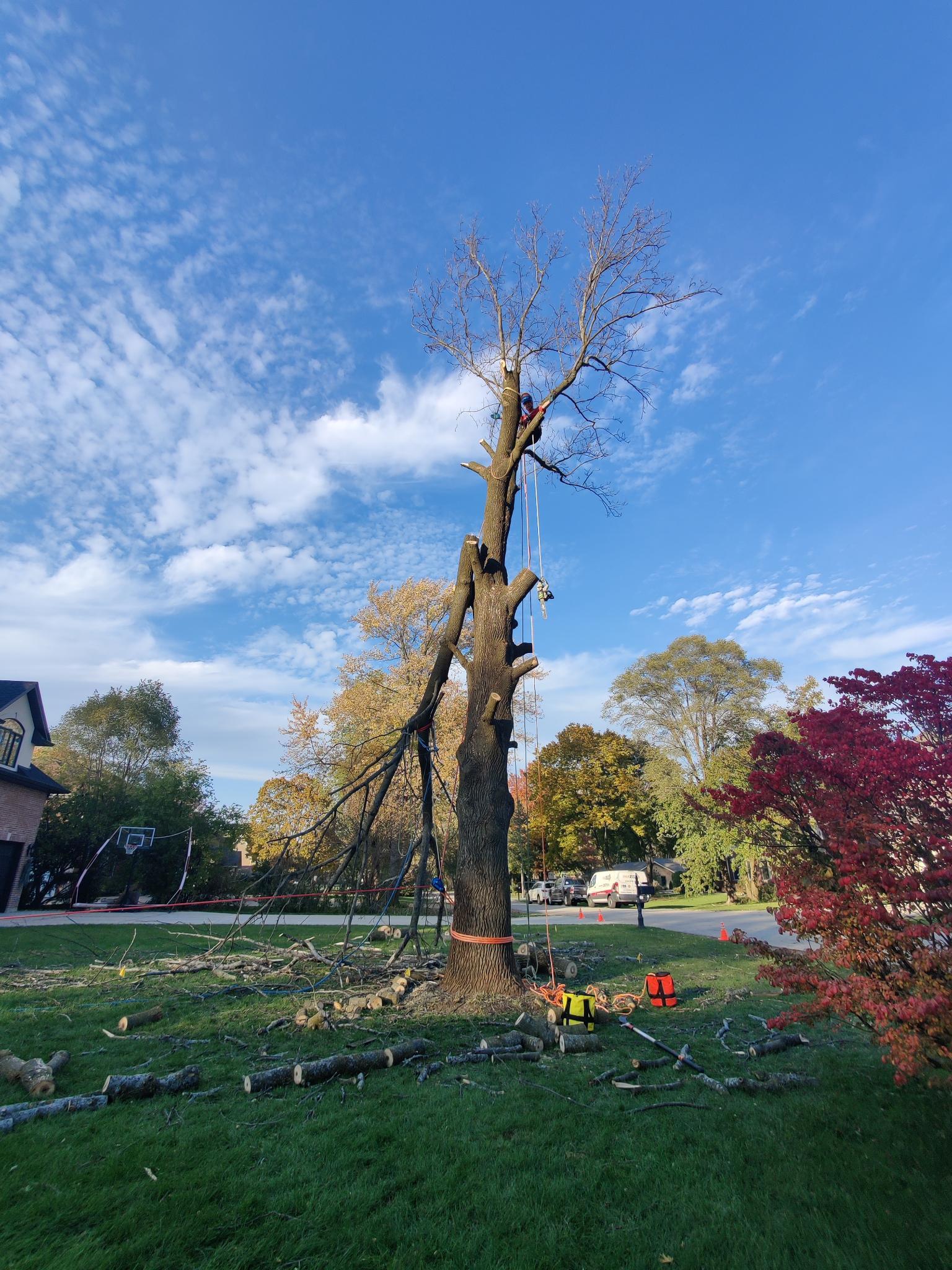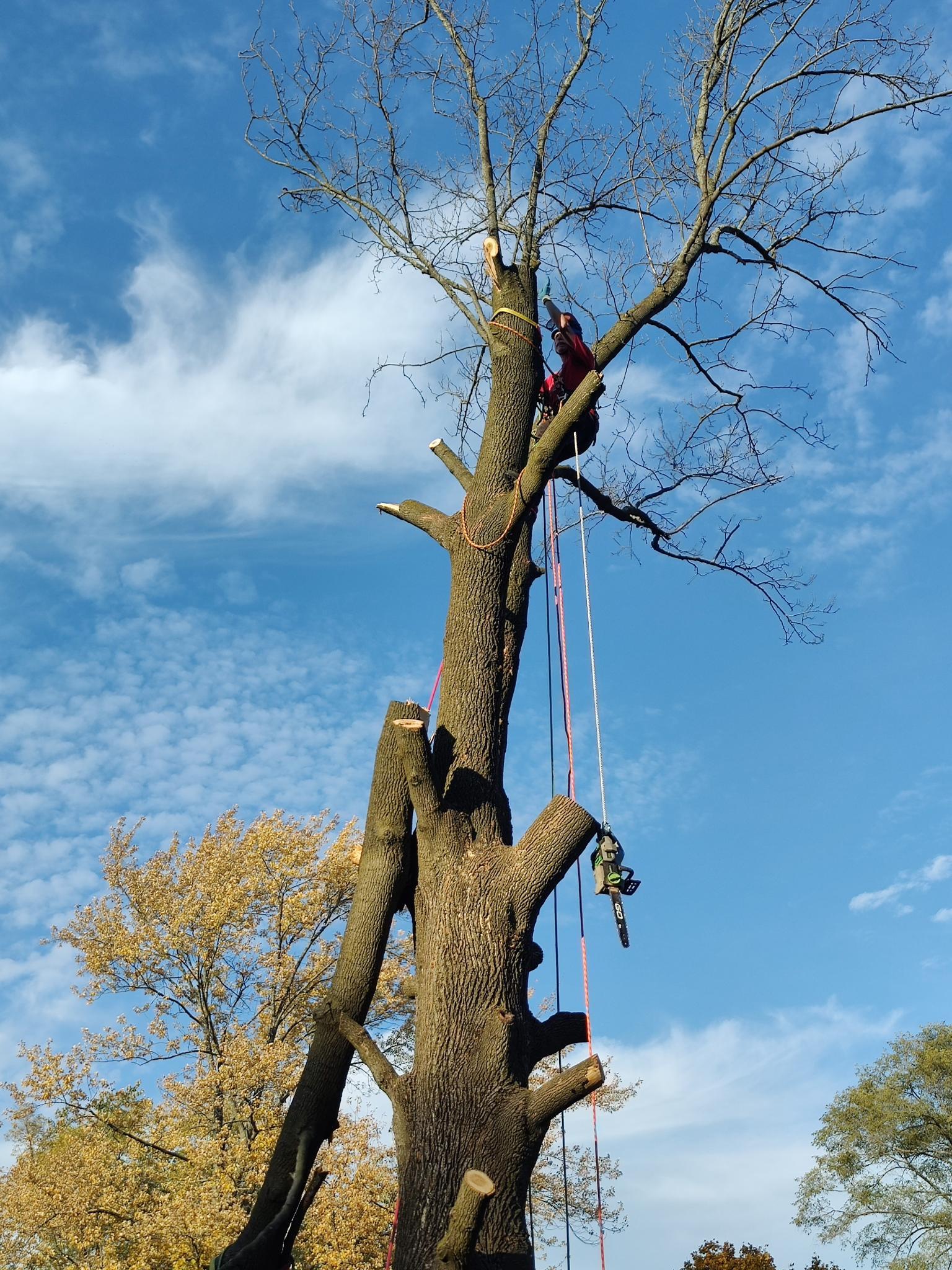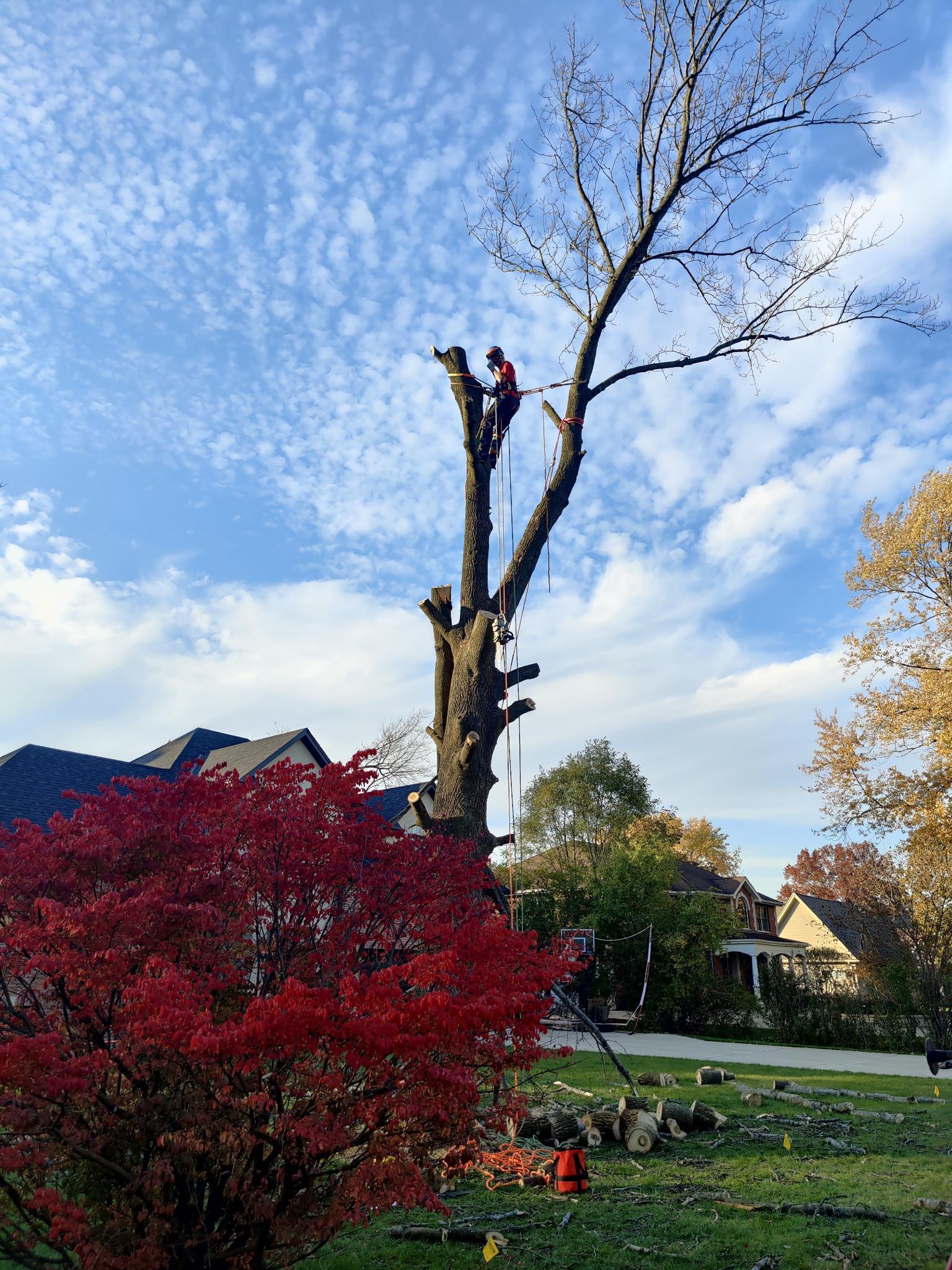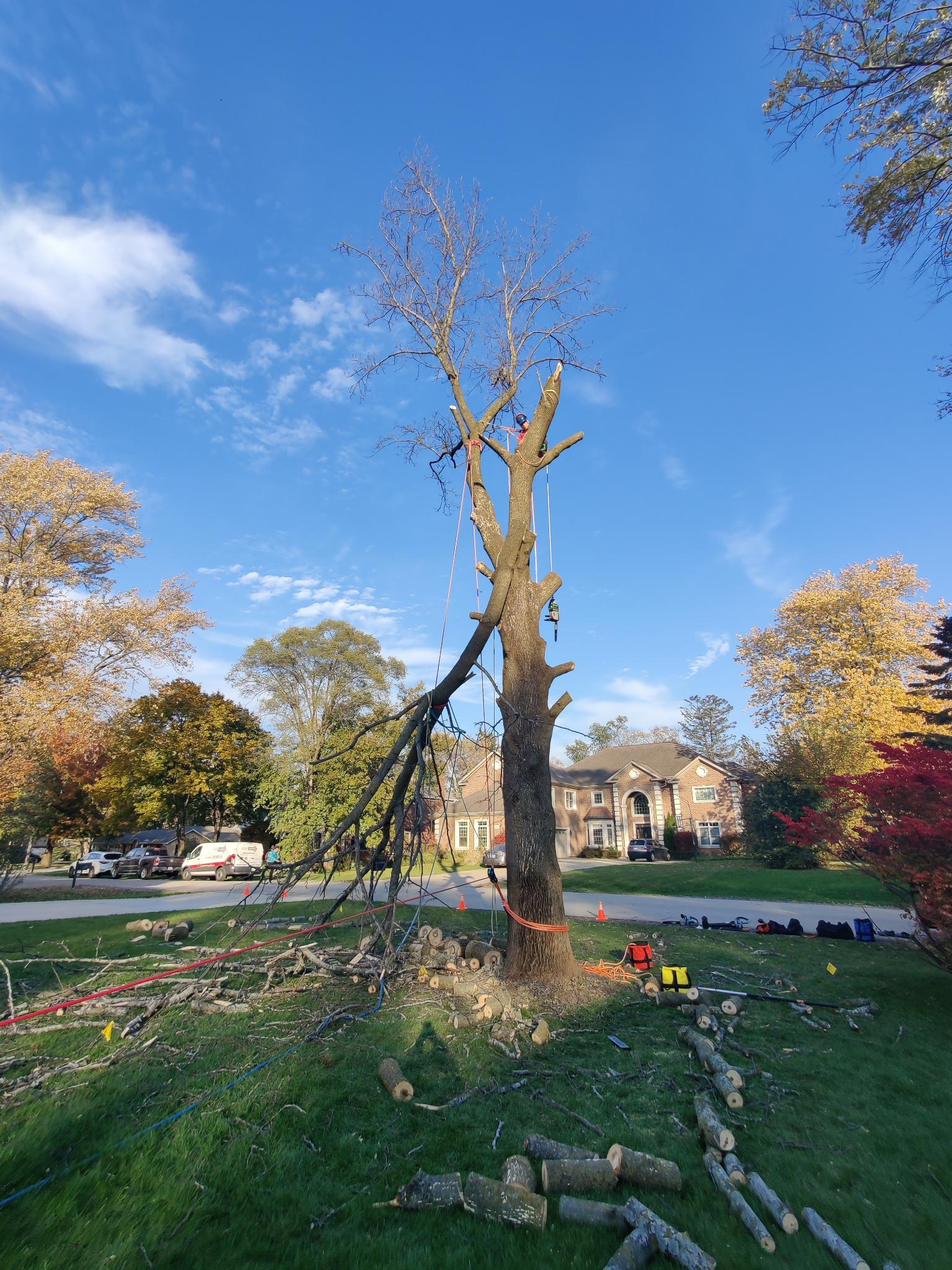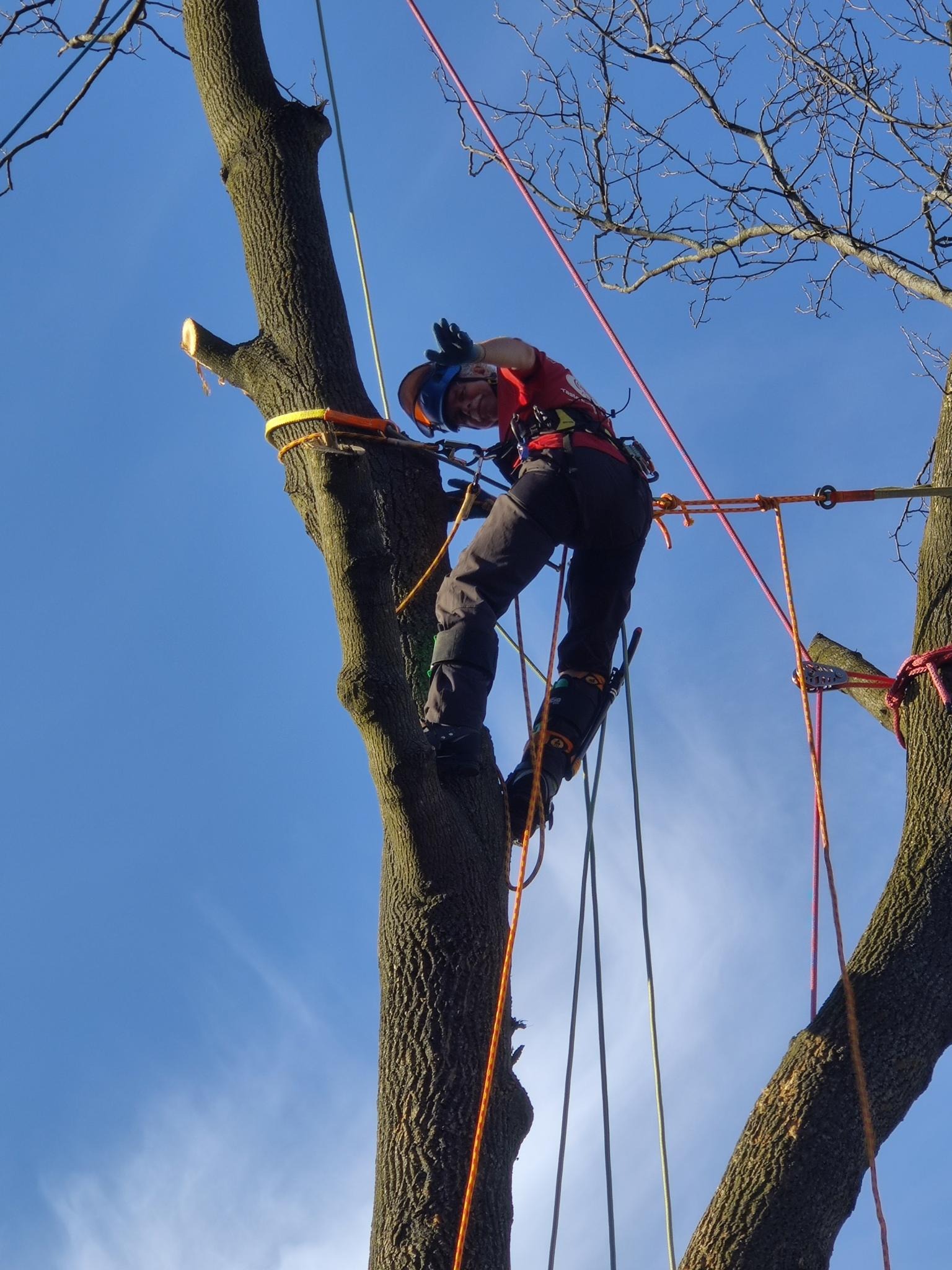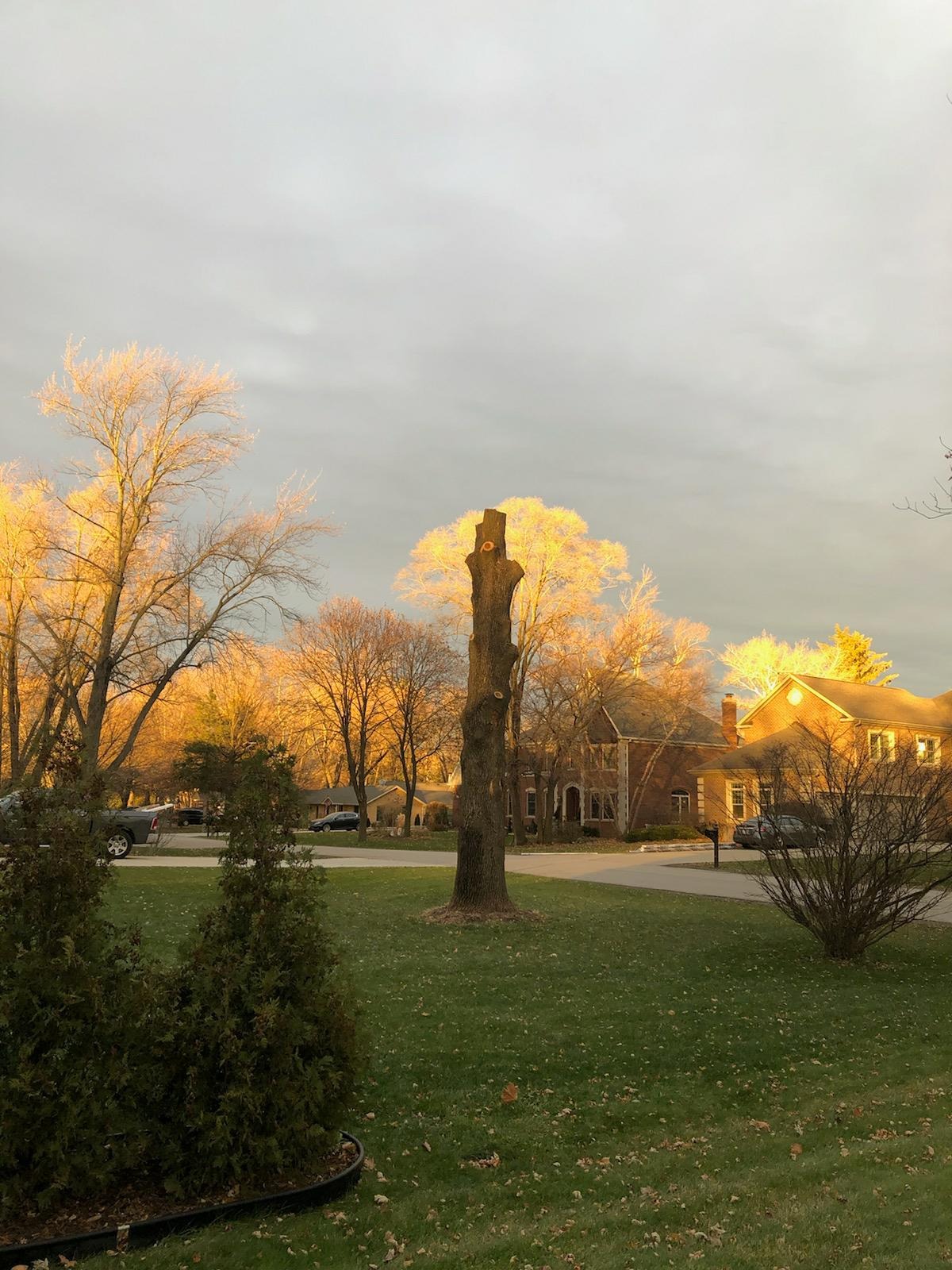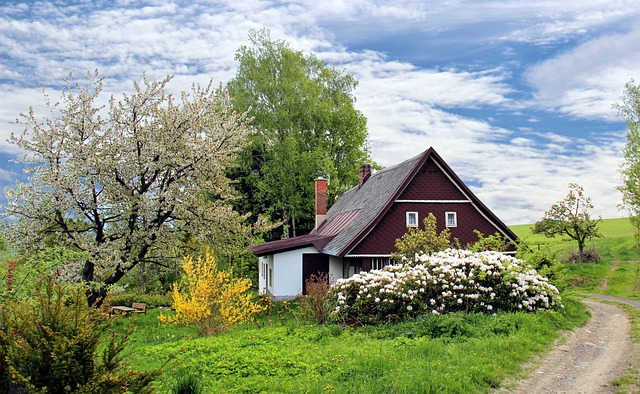Home and Tree Science
Research and Empirical Information for Homes and Trees
Homes
Homes are where most of us live most of the time, so we want them safe and comfortable and tuned to our needs. Many technologies and sciences are involved in even the most basic home. Understanding them is the first step toward achieving an economic, efficient, and optimal living space.
Trees
Trees, and bushes and other vegetation, are the natural way to enhance the home environment. Beyond just aesthetics, trees oxygenate, humidify, and shade. Some species have pleasant aroma, attract birds and pollinators, or bear fruit. Ecologically proper care makes for easy maintenance and contributes to planetary health. And, for those so inclined, some trees are simply a joy to climb.
Mission
To present information that is accurate, tested, economical, efficient, ecological, and practical.
Scientific
Science is the basis for the information presented. That means established physics, mechanics, chemistry, biology, and thermodynamics, as well as economics, sociology, and even psychology.
Empirical
Unless otherwise noted, all recommendations and advice are the result of experience, empirical testing of various methods, materials, and approaches to determine what works best. Sometimes sound theory encounters practical limitations which live testing reveals.
Conscientious
That means economical, environmentally sound, practical, sustainable, and realistic. All factors balanced to achieve optimal quality in a reasonable way.
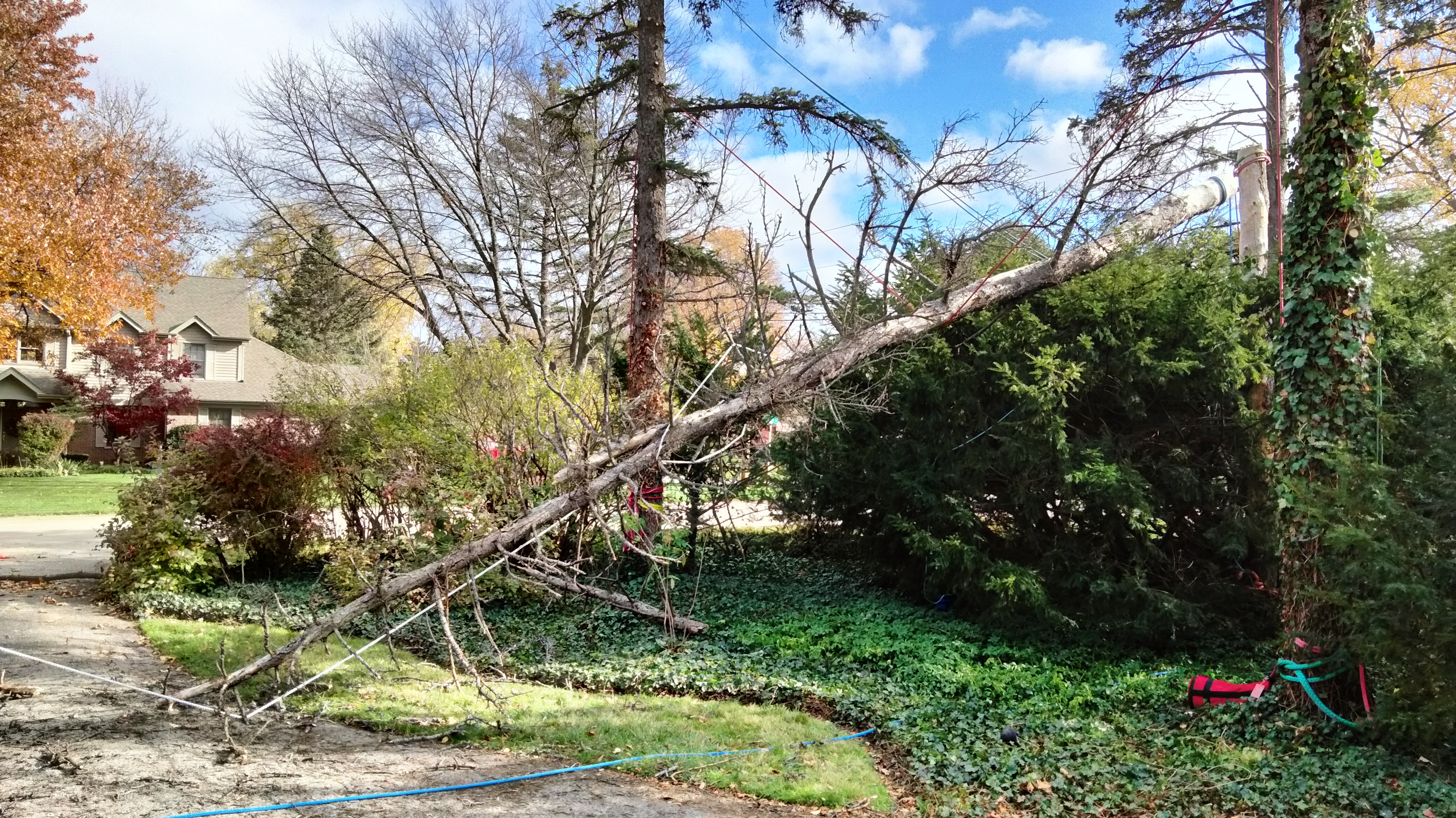
Willingness to think outside conventional practice can produce optimal results!
Long dead spruce in cluster of vegetation topped with no damage to bushes and minimal impact to driveway.
Sometimes good water takes a bit of processing to achieve
All water, whether from private well or supplied by municipality, requires some processing to achieve optimal quality. Regular routine testing determines the necessary processing.
From Our Blog




Lorem ipsum dolor sit amet, consectetur adipiscing elit. Ourabitur tincidunt consectetur adipiscing elit urabitur tinciduntturpis at odio fermentum.

